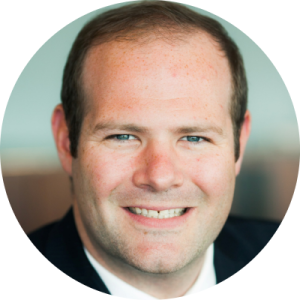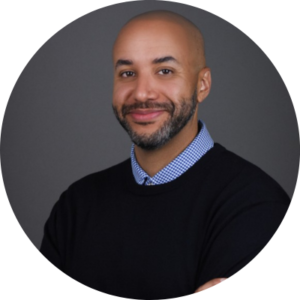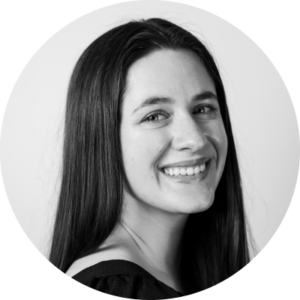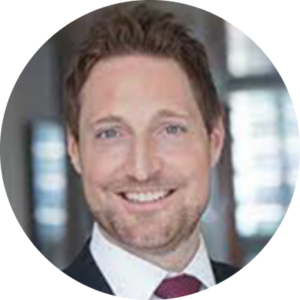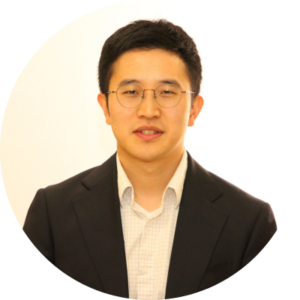Deacon Spotlight
Want more Deacon Spotlight stories?
Get them delivered to your inbox!
Deacon Spotlight Archives
Search by major, industry, location or other keywords:
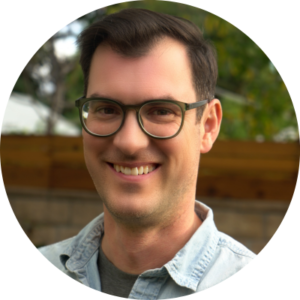
Ethan Cushing (’04)
BA in Communication, Minor in Studio Art
VP, Creative Director at Trailer Park Group
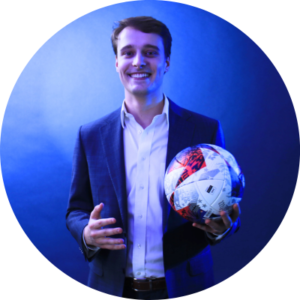
Mark Handler (’20)
BA in English Literature
Account Manager – Corporate Partnerships at Sporting Kansas City

Maura Connolly (’14)
BA in Psychology with a minor in Journalism
Project Manager at The Energy Coalition
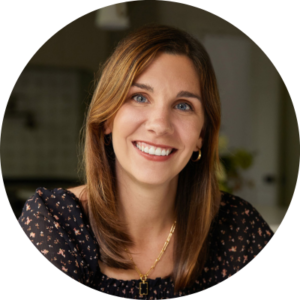
Johanna Beach Lyle (’15)
BA in Theatre and Minor in Entrepreneurship
Interior Designer and Owner at Jo Lyle & Co.
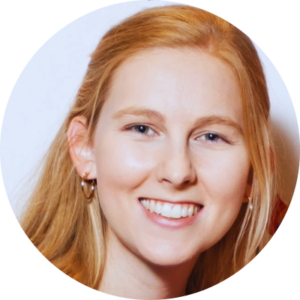
Mary Daniel Cheek (’19)
BA in Sociology and Politics and International Affairs
Development and Communications Coordinator at Little Lights Urban Ministries
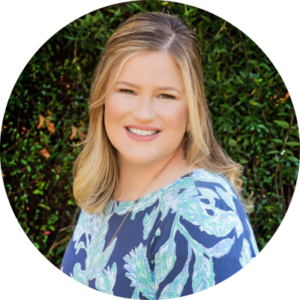
Charity Wagenti (’09)
BS in Health and Exercise Science
Manager for Pharmacy Procurement and 340B Program
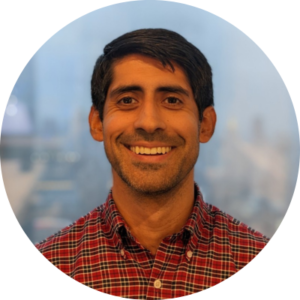
Jay Seghal (’14)
BA Psychology, Minor in Middle East & South Asia Studies
Investor and Chief of Staff at MetaProp
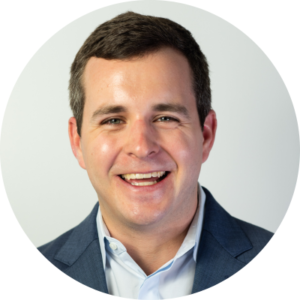
Marshall Shaffer (’15)
BA Communication and Sociology, Minor in Film Studies
Associate Director, Paid Social at Ogilvy
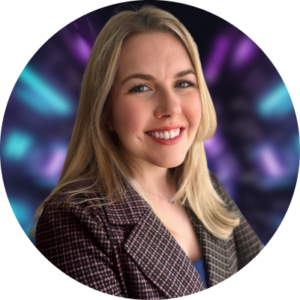
Celia Quillian (’14)
BA Theater and Communication
Founder of Smart Work AI; Author of “AI for Life;” Associate Director of AI and Growth at Greenlight Financial Technology
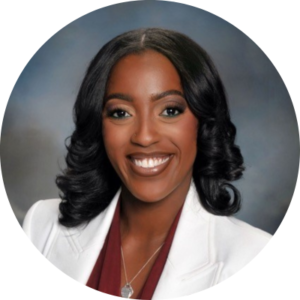
Taylor Fowlks (’20)
BA Politics & International Affairs
Assistant Corporation Counsel at New York City Law Department
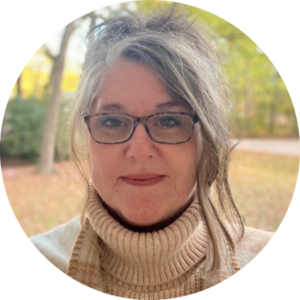
Pauline Bearden Simonowich (’87)
BA Sociology
Part-Time Faculty, Developmental Education & Academic Support and Social & Human Services at Pitt Community College
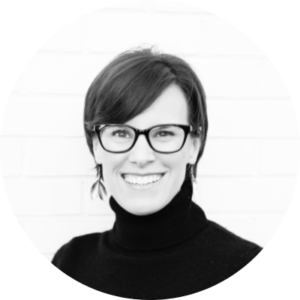
Anne Shoemaker (’00)
BS Business, Minor in French
Principal, Anne Shoemaker & Associates in Greensboro, NC
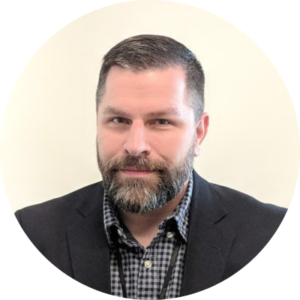
Brian Ostasiewski (’98)
BA Computer Science
Director of Research Informatics at Wake Forest School of Medicine
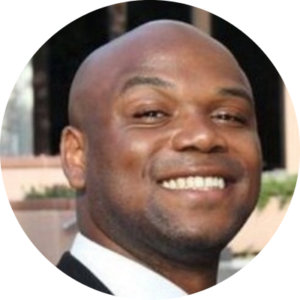
Dwayne Peterkin II (’17)
BA in Communication, Minor in Entrepreneurship & Social Enterprise
Sr. Sales Operations Specialist at SHL
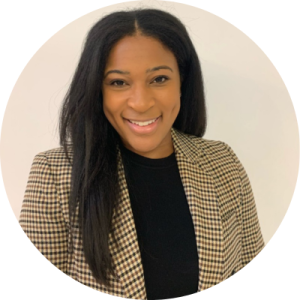
Dana Manning Bartholomew (’19)
BS Health & Exercise Science, Minor in Health Policy & Administration
Sr Consultant of Public Health for Guidehouse Consulting Firm
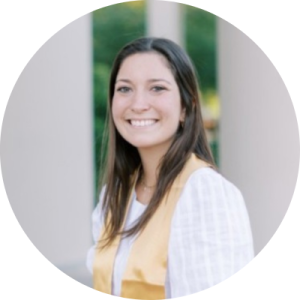
Virginia Daukas (’21)
BA English, Minor in Politics & International Studies
Marketing Specialist at J.McLaughlin

